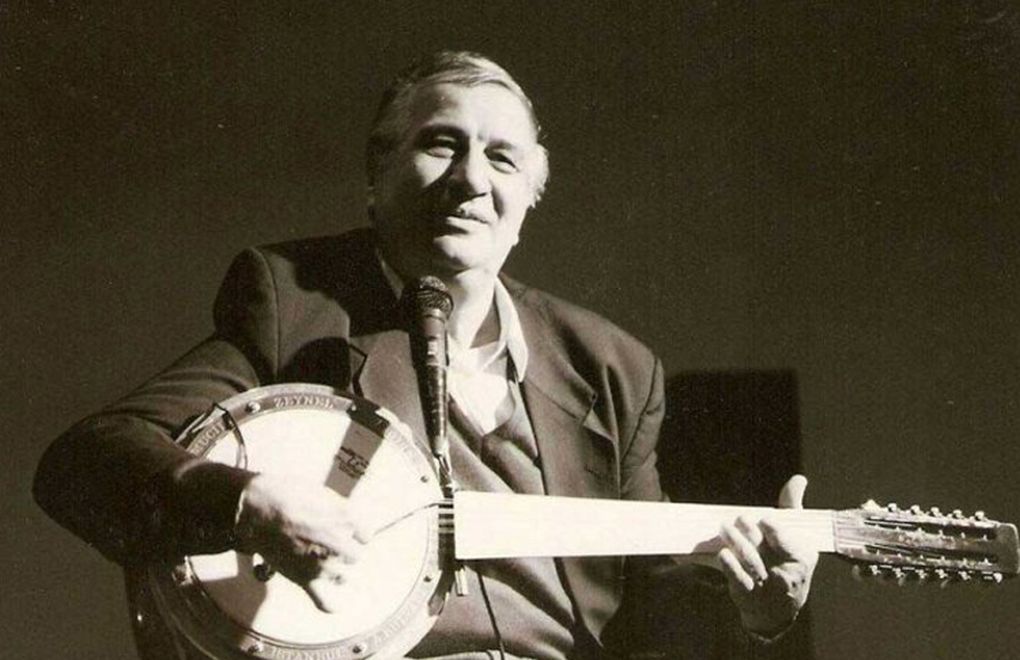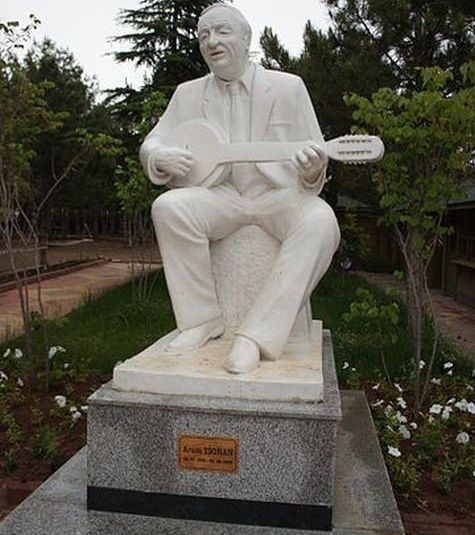Click to read the article in Turkish
Peoples' Democratic Party (HDP) Diyarbakır MP Garo Paylan has submitted a parliamentary question on why Armenian composer Aram Tigran was not allowed to be buried in the city following his death on August 8, 2009.
Also known as "Ape Aram," Tigran was the son of a family who was expelled from Diyarbakır in 1915. His will was to be buried in his ancestors' hometown, which was not permitted at the time because he was not a citizen of Turkey.
A conservatory named after him was shut down after the Diyarbakır Mayor Selçuk Mızraklı from the HDP was replaced with a government-appointed trustee in August 2019.
Paylan asked the following questions to Minister of Culture and Tourism Mehmet Nuri Ersoy:
Will you make any attempt to keep the memory of Aram Tigran, whose art and personality was loved by the peoples of Turkey?
Why don't you allow Aram Tigran to be buried in Diyarbakır in accordance with his will?
Does your ministry have any projects to keep Aram Tigran's name alive?
About Aram Tigran
A composer who sang in Kurdish, Armenian and Arabic throughout his life.
He became interested in music at the age of nine with playing the oud.
As the son of a family who was expelled from Diyarbakır in 1915 during the Armenian Genocide, he was born in Syria's Qamishlo city in 1934.
A statue of Tigran in Silvan, Diyarbakır |
He went to Armenia's capital, Yerevan in 1966 and worked at Yerevan Radio for 18 years. He settled in Athens in 1995.
He released 11 albums during his music career.
He visited Diyarbakır for the 2009 Newroz celebrations. After falling ill there, he had an angiography. He was declared brain-dead on August 6, 2009, in Athens and lost his life on August 8.
After his burial in Diyarbakır was rejected by Turkey's government because he was not a citizen of Turkey, he was buried in Brussels. Soil brought from Diyarbakır was poured into his grave. (AÖ/VK)






_(1)-132.jpg)


